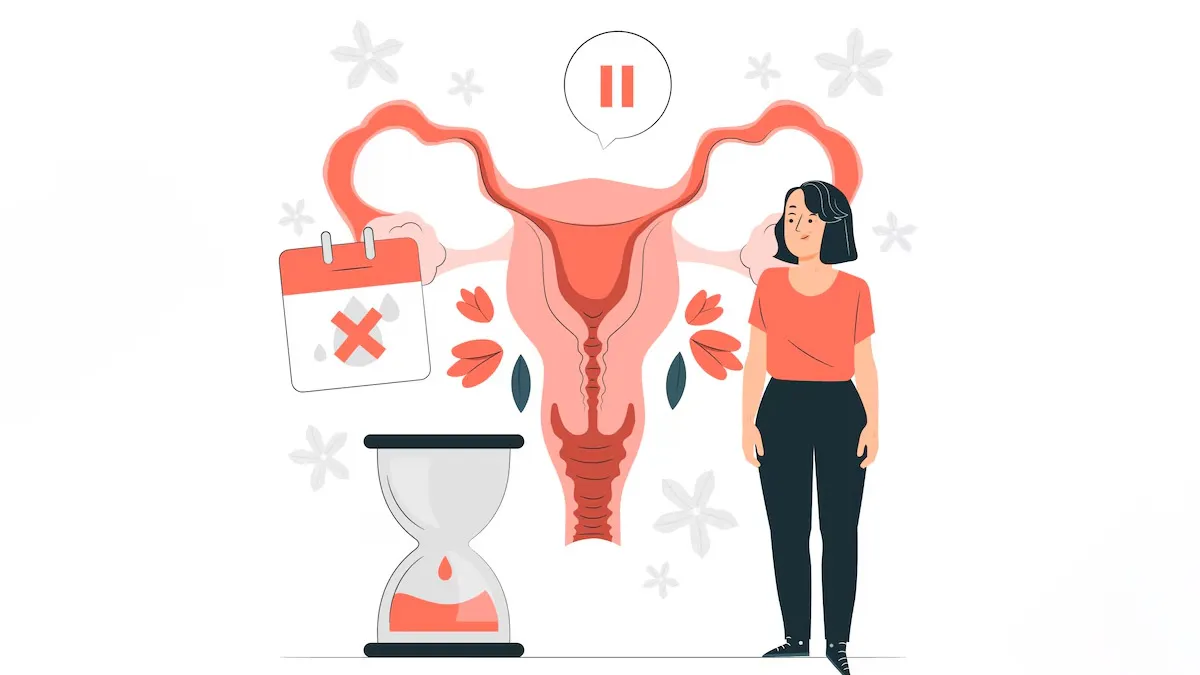
In the modern world, where the economy runs 24/7, many women find themselves working night shifts. While the nocturnal work routine is an economic necessity for some, it can have serious health repercussions, particularly for women with Polycystic Ovary Syndrome (PCOS). Dr Astha Dayal, Director of Obs And Gynae, CK Birla Hospital, Gurugram shared how night shifts can exacerbate PCOS symptoms and offers insights on managing these challenges.
Polycystic Ovary Syndrome (PCOS) is a common hormonal disorder affecting 5-10% of women of reproductive age. It is characterised by irregular menstrual cycles, excessive androgen levels, and polycystic ovaries. Symptoms include weight gain, acne, hirsutism, and insulin resistance. The exact cause of PCOS remains unknown, but genetic and environmental factors play a significant role.

Night shifts disrupt the body’s natural circadian rhythm, which is the internal clock regulating sleep-wake cycles. This disruption can lead to various health issues, including worsening PCOS symptoms. Here are some key ways night shifts impact women with PCOS:
Working night shifts can interfere with the production of hormones like melatonin, cortisol, and insulin. Disrupted melatonin levels can affect sleep quality, while increased cortisol levels due to stress can exacerbate PCOS symptoms. Moreover, insulin resistance, already a concern for women with PCOS, can worsen with irregular sleep patterns, leading to increased blood sugar levels.
Irregular work hours often lead to poor dietary habits and reduced physical activity, contributing to weight gain. Since weight management is crucial for managing PCOS, the sedentary lifestyle often associated with night shifts can aggravate the condition.
Adequate sleep is vital for overall health. Women working night shifts often experience sleep deprivation, which can increase stress levels and negatively impact hormonal balance. Poor sleep quality can also lead to increased hunger and cravings for unhealthy foods, further complicating weight management.
The stress of night shifts can take a toll on mental health, leading to anxiety and depression. Mental health is closely linked to PCOS, and increased stress levels can exacerbate symptoms like irregular periods and hormonal imbalances.

Despite these challenges, there are strategies that women with PCOS can adopt to mitigate the adverse effects of night shifts:
Go for balanced meals with a good mix of proteins, healthy fats, and complex carbohydrates. Avoid sugary snacks and caffeine, especially close to bedtime.
Don't Miss: Can Your Diet Worsen Your PCOS Symptoms? Expert Weighs In
Incorporate regular physical activity into your routine. Exercise helps in weight management and can improve insulin sensitivity, reducing PCOS symptoms.
Practice relaxation techniques such as yoga, meditation, or deep breathing exercises to manage stress levels.
Don't Miss: Health Expert Reveals How PCOS Can Increase Your Risk Of Diabetes
Regular check-ups with a healthcare provider specialising in PCOS can help monitor and manage symptoms effectively. Medication may be necessary to regulate menstrual cycles and address insulin resistance.
Consider these tips for managing your PCOS.
Image Courtsey: Freepik
Also watch this video
Herzindagi video
Our aim is to provide accurate, safe and expert verified information through our articles and social media handles. The remedies, advice and tips mentioned here are for general information only. Please consult your expert before trying any kind of health, beauty, life hacks or astrology related tips. For any feedback or complaint, contact us at compliant_gro@jagrannewmedia.com.